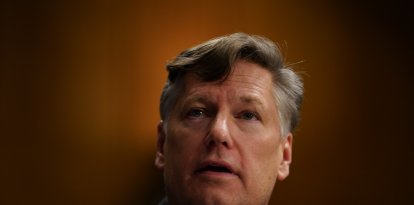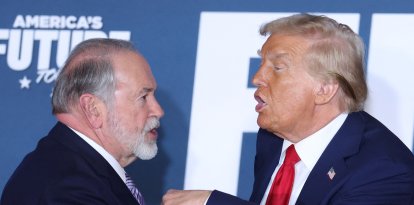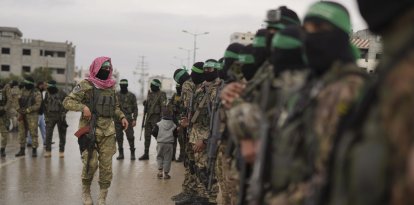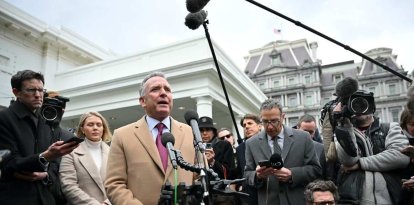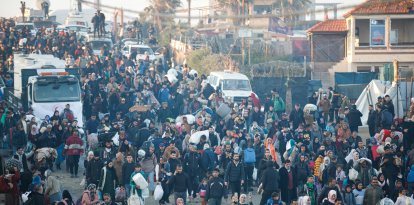A Presidential Prayer That Could Save Our Nation
Eisenhower invoked the Almighty to remind a national audience of the challenge before them and the responsibility of every elected official, regardless of party affiliation.
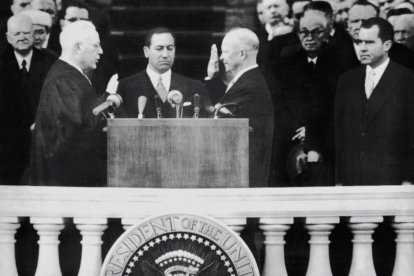
(Cordon Press)
A master of war but a passionate advocate for peace, Dwight "Ike" Eisenhower stood in the shadow of the Capitol on January 20, 1953, and became the first president to draft and deliver his own prayer prior to taking the oath of office. In his pledge to preserve, defend, and protect the Constitution of the United States he invoked the Almighty to remind a national audience of the challenge before them and the responsibility of every elected official, regardless of party affiliation.
Today, in a time of enormous political turmoil enveloping our nation, it would be appropriate for both sides of the aisle to consider what this winning Republican candidate for the highest office in the land had to say some 70 years ago. It offers lessons for a nation that, today, needs to retreat from political extremism or face a threatened future:
"As we stand here, at this moment, my associates in the Executive Branch of government join me in beseeching that Thou will make full and complete our dedication to the service of the people in this throng and their fellow citizens everywhere.
"Give us, we pray, the power to discern clearly right from wrong and allow all our words and actions to be governed thereby and by the laws of this land.
"Especially we pray that our concern shall be for all the people, regardless of station, race or calling. May cooperation be permitted and be the mutual aim of those who hold to differing political beliefs, so that all may work for the good of our beloved country and for Thy glory. Amen."
These words were spoken at a time when the Soviet Union was on the march to create an "Iron Curtain" that enslaved millions, the Chinese communists had ruthlessly secured power, domestic enemies of democracy and free speech were destroying livelihoods here in America, and when Eisenhower would later need to call in federal troops to allow African American students to attend classes in Little Rock, Arkansas.
Yet we were, by and large, a nation that respected each other's political differences, centrist in most of our politics, with citizens who recognized the blessings of democracy.
Today, those traditional values have broken down.
Mark Levin, a seven-time New York Times bestselling author and broadcast host, raises serious questions about our current political state of the union in his latest book, The Democrat Party Hates America. Regardless of one's enrollment, he raises legitimate questions regarding the current ideology of this party and why so many view it with suspicion and more than a little fear. Some suggest it has been torn from its roots, now a captive of a progressive cadre who despise the very country that Eisenhower cherished.
In Eisenhower's inaugural address, he posed a question that Levin and others are justified in asking today. Eisenhower rhetorically asked:
"How far have we come in man's long pilgrimage from darkness toward the light? Are we nearing the light -- a day of freedom and of peace for all mankind? Or are the shadows of another night closing in upon us?"
Having fought the Nazis in World War II, Eisenhower would warn that the most dangerous threat to our nation resides not from external enemies but from within ourselves. It is a message that needs to be heard and heeded by every American proud of their nation's past and confident in its future.
RECOMMENDATION
